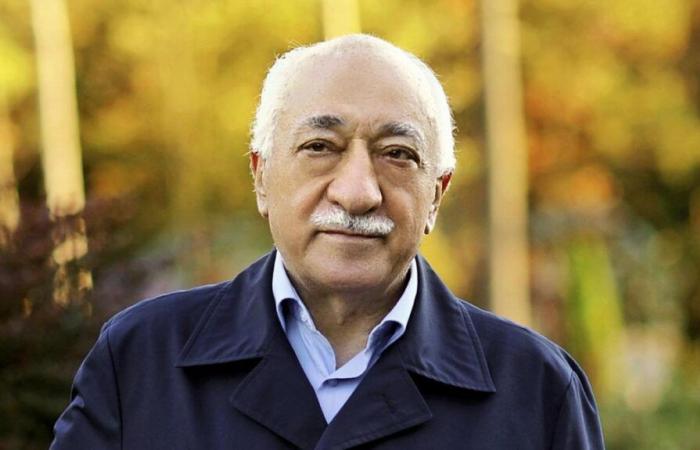“The leader of this dark organization is dead,” Turkish Foreign Minister Hakan Fidan said later in the morning at a press conference in Ankara, saying he was relying on information from Turkish intelligence services.
Inspirer of the Gülen movement, also called the “Hizmet” movement, Fethullah Gülen had been based in Pennsylvania, in the United States, since 1999.
Turkey stripped him of his Turkish nationality in 2017.
Also read
Boycott, denunciation, threats: the post-putsch for Belgian-Turks assimilated to “Gülenists”
Ally then enemy of Erdogan
He was the ally of Recep Tayyip Erdogan before becoming his sworn enemy: the preacher Fethullah Gülen died according to Turkish television at the age of 83 in the United States, where he escaped for many years from the clutches of the Turkish president.
In voluntary exile across the Atlantic since 1999, the imam, at the head of a movement as powerful as it is opaque, is held responsible for the attempted coup d’état of July 2016, which he has always denied.
The preacher, accused by the Turkish authorities of leading a “terrorist” group, claimed that it was nothing more than a simple network of charitable organizations and businesses called “Hizmet” (“Service”, in Turkish) .
Fethullah Gülen and Recep Tayyip Erdogan, also from political Islam, were long allies before that: the Turkish head of state even took advantage of the Gülen network, in the 2000s, to establish his power against the Kemalist establishment , defender of a secular Turkey.
But the cordial understanding between the two men, weakened from 2010 onwards, was shattered when a corruption scandal, orchestrated by magistrates attached to the Gulenist nebula, splashed the inner circle of the then Prime Minister Erdogan at the end of 2013. .
Fethullah Gülen becomes public enemy number 1.
“Parallel state”
Recep Tayyip Erdogan accuses the imam, at the head of a movement present on all continents via, in particular, a sprawling network of private schools, of having set up a parallel state intended to overthrow him.
Hatred of President Erdogan will be increased tenfold after the failed putsch of July 2016, planned according to him by his former ally.
A hunt for Gulenists is launched: prosecutions have been initiated against nearly 700,000 people, and 3,000 of them, accused of having played a role in the failed coup, have been sentenced to life in prison, according to the Turkish authorities.
As part of unprecedented purges, more than 125,000 people have been dismissed from public institutions, including some 24,000 soldiers and thousands of magistrates.
Private educational establishments, media and publishing houses were also closed.
At the same time, Turkish secret services have carried out several operations in countries in Central Asia, Africa and the Balkans to forcibly bring back suspected supporters of Mr. Gülen.
« Manipulation et intimidation »
Born at the turn of the 1940s – in 1938 according to him, 1941 according to civil registration – in the province of Erzurum, in eastern Turkey, Gülen went from “any imam in the 1970s” to “leader spiritual of a vast community which brings together millions of sympathizers (…), present in all sectors of the economy, in education, within the media, but also in various sectors of the administration”, notes Bayram Balci , researcher at Ceri-Sciences Po in Paris, in a study published in 2021.
“Possessing a taste for secrecy and influence, even manipulation and intimidation (…), Fethullah Gülen’s movement presents strong similarities with various Catholic congregations such as the Jesuits, Opus Dei or others, of which he “is visibly inspired,” he emphasizes.






